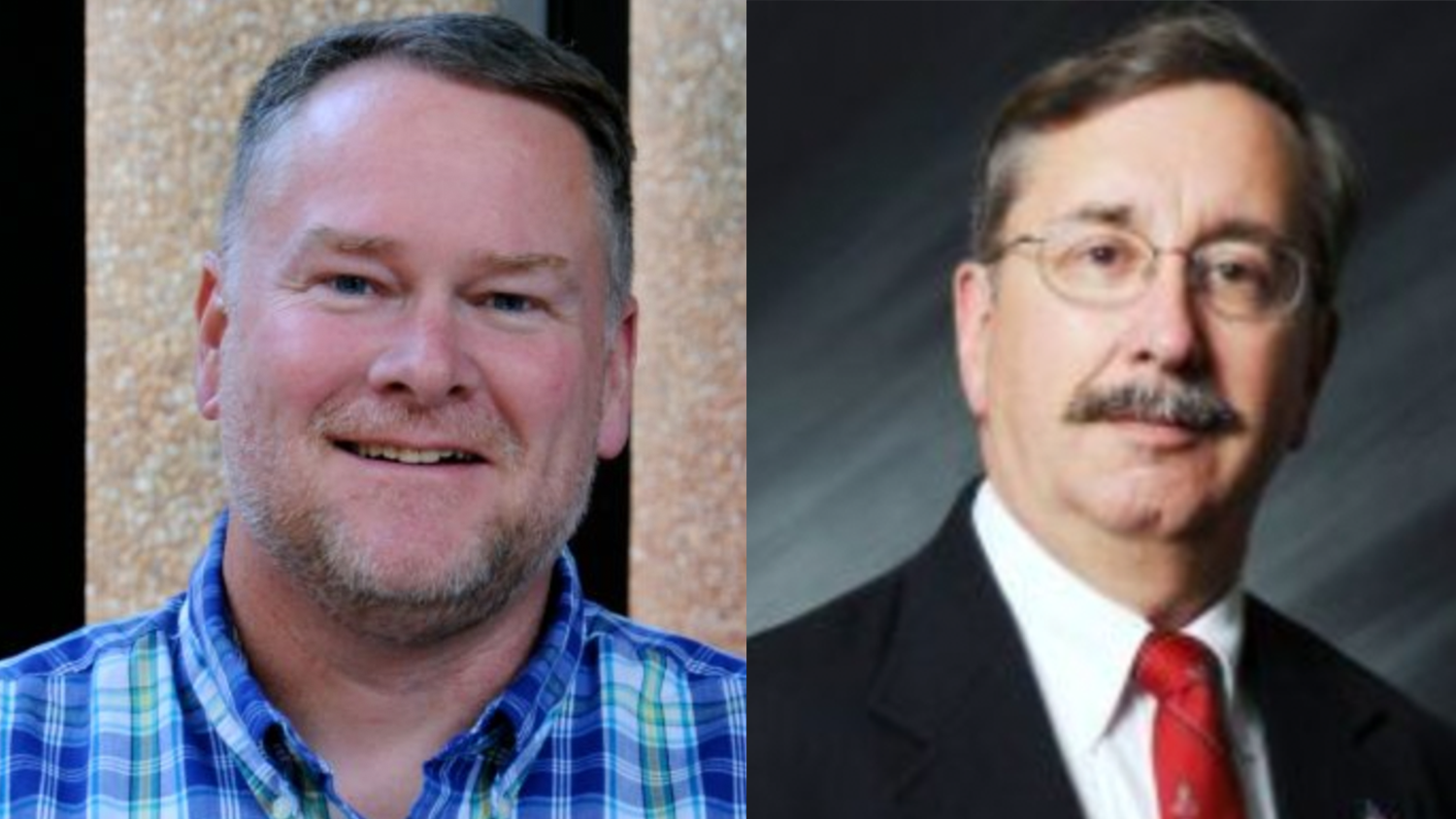Grant-Funded Project Gives Students Access to STEM Concepts Through Robotics

The NC State College of Education is hoping to spark more student interest in STEM disciplines through a grant-funded project that will help create and expand after school makerspace clubs focused on robotics in the Piedmont Unifour region.
Middle and high school students will have the opportunity to explore robotics through the $177,500 Burroughs Wellcome Foundation grant-funded “Programmed Robotics in the After-School Makerspace: A Four County Initiative” project.
The three-year initiative will build upon a previous makerspace project Principal Investigator Kevin Oliver, Ph.D., professor of learning design and technology, conducted at Wake Young Women’s Leadership Academy. It will also draw from a similar ongoing project at Newton-Conover Middle School from co-principal investigator Regina Barrier, Northwestern Satellite Office director for the NC State College of Science’s Science House. Parks Newby, teaching assistant professor of STEM education, will also serve as a co-principal investigator on the project.
The Programmed Robotics in the After-School Makerspace project includes a summer institute on four programmed robotics platforms for two student leaders and one teacher from eight schools in the Piedmont Unifour region that are interested in starting or expanding after-school makerspace clubs. The project is ultimately expected to expand to 24 middle and high schools across four counties.
The project targets schools in Alexander, Burke, Caldwell and Catawba counties because of the region’s heavily mechanized manufacturing industry as well as new data centers that have emerged in the area. Citing recent research from the McKinsey Global Institute that estimates robots could replace as many as 800 million jobs by 2030, Oliver noted that those in the region who know how to operate robots will have increased job prospects.
“While robotics will reduce some jobs, people who can install, troubleshoot and program robotics, as well as apply their programming expertise to running servers or managing data, will have better opportunities to find work in a more technical environment,” he said.
Clubs that participate in the project will engage in makerspace challenges with robots, take field trips to visit an engineering lab and gather annually to share their work and engage in robotics competitions. The project aims to introduce students to a variety of STEM concepts important to future college and career tracks while giving them more flexibility than a traditional classroom setting.
“Some of the core tenets of makerspaces are choice, allowing students to work on projects or topics of personal interest within a technology area, and also play, allowing them to tinker, make mistakes and iterate designs while learning in the process,” Oliver said.
“We’re bringing all these math and science concepts into the real world in a way that engages students,” Newby added. “They see how it can benefit their life, so now this isn’t just another class they’re trying to pass. They see math and science as a tool to help them be successful.”
Online communities related to the project will also give teachers and students the opportunity to share their work and materials, challenge other teams and receive feedback. Oliver said his previous work at Wake Young Women’s Leadership Academy demonstrated that students were more motivated to reflect on their projects when using video-based social tools like FlipGrid, which allows peers to view and comment on posts.
- Categories:


